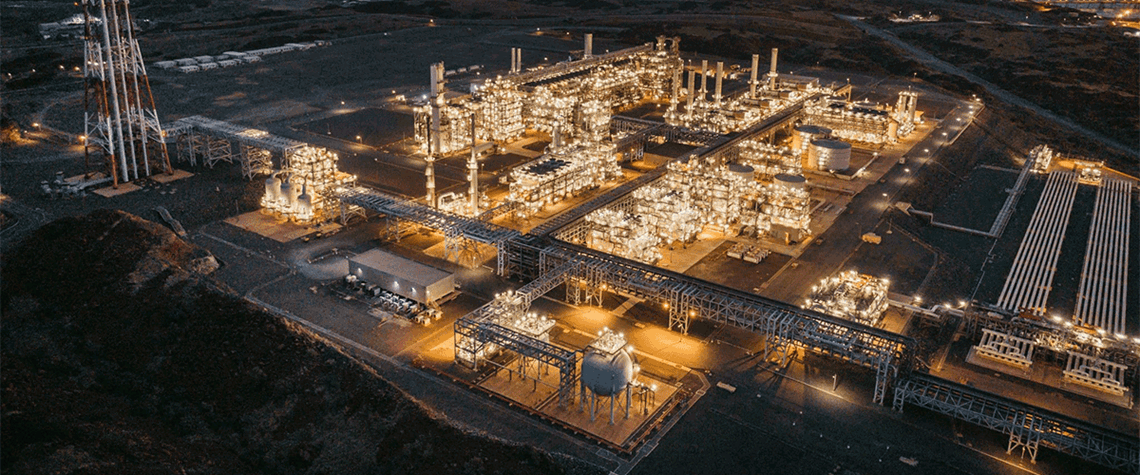The energy crisis of the past two years has highlighted the need for policymakers to address the security and affordability of energy alongside efforts to mitigate climate change—the so-called “energy trilemma”.
The role of natural gas and LNG in resolving this trilemma was highlighted in May by the leaders of the G7 economies—the US, Japan, Germany, the UK, France, Italy and Canada—when they met for a summit in the Japanese city of Hiroshima.
“We stress the important role that increased deliveries of LNG can play, and acknowledge that investment in the sector can be appropriate in response to the current crisis,” they said in their post-summit communique, “if implemented in a manner consistent with our climate objectives”.
This new-found enthusiasm is largely the result of seeing how Europe survived winter 2022/23 after losing much of its pipeline gas from Russia by boosting LNG imports.
A tale of two crises
“LNG’s contribution to global energy security was on full display in 2022 and is now at its highest since the Fukushima accident in 2011,” says Jean Abiteboul, president of the International Group of Liquefied Natural Gas Importers, in a reference to how Qatari LNG helped Japan to cope with the shutdown of its entire nuclear power industry after that accident.
There is, however, a crucial difference between what happened after Fukushima and the events of last year.
In 2011, Japan was desperate for more LNG to replace lost nuclear electricity and Qatari producers had surplus LNG on their hands because of a loss of market in the US following its shale gas revolution. It was an expedient arrangement all round.
In 2022, Europe’s scramble for LNG meant energy consumers in some Asian nations—notably Pakistan and Bangladesh—suffered major shortages, especially of electricity, despite those nations turning to other fuels, such as coal, to the extent that they could.
It is no surprise that Asia’s emerging and developed economies, already heavily dependent on coal for power, saw the fastest growth in carbon dioxide emissions last year, according to the IEA.
In a report produced ahead of the G7 meeting, the IEA cautioned that the crisis of the past two years “challenged the case for natural gas as a transition fuel in Asia”. But it also warned: “There is a risk that declining prospects for gas may mean that emerging and developing economies in Asia hold on to their coal-fired power generation for longer, which would result in unfavourable emissions outcomes.”
While the agency has significantly downgraded its global long-term natural gas demand projections because of the energy crisis, it now expects developing and emerging Asian markets to “see a big increase in natural gas use by 2030” as prices soften from the middle of this decade.
Moreover, with some of this growth driven by coal-to-gas switching, this will “help countries with net-zero emissions (NZE) targets accelerate the transition away from coal, even if renewables are the major source of emissions reductions”. Countries in the region with NZE targets include China, India, Malaysia, Singapore, Thailand and Vietnam.
Shopping spree
Policymakers should note that markets with long-term contracts indexed to oil or the US Henry Hub gas benchmark were to a large extent shielded during the crisis from extraordinarily high JKM prices for spot LNG. Pakistan, for example, has been relying almost exclusively on its term contracts with Qatar for the LNG that it has managed to import.
It is a lesson not lost on Chinese LNG buyers, which have signed numerous long-term contracts with US and Qatari producers over the past two years—a shopping spree expected to continue in coming months.
This article is part of our special LNG's role in resolving Asia's trilemma report, which looks at what the energy crisis means for LNG and what LNG's role is in resolving Asia's trilemma. Click here to download the full report, or visit the Gulf Energy Information stand (E326) at Gastech 2023 to pick up a copy.








Comments